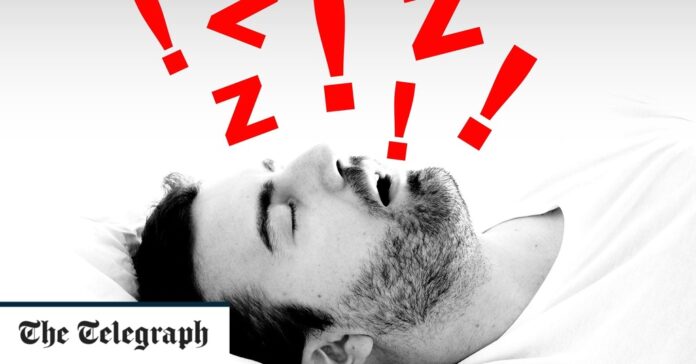We often dismiss laboured breathing as a joke, but the most severe form can put you at greater risk of a brain attack than smoking
Lee Pemberton, 31, had spent a wonderful weekend at a friend’s wedding. But the next day he felt terrible. He put it down to a mild hangover. But as time wore on: “I felt faint and light-headed. My heart began racing so my whole body shook with every heartbeat. It felt like I’d been running but I hadn’t done anything strenuous. I managed to call a friend who lives nearby to take me to my local urgent care centre. When I got to the end of the path my arms and legs seized up and I collapsed.”
He was transferred to the Leicester Royal Infirmary where it was discovered he had atrial fibrillation (AF), a potentially dangerous heart rhythm disorder where blood doesn’t flow normally through the heart.
Atrial fibrillation affects around 1.5 million people in the UK and is a major cause of stroke (when a blood vessel that supplies blood and oxygen to your brain becomes either blocked or ruptured). Signs include palpitations, breathlessness, fatigue, dizzy spells.
After arriving at hospital, Lee’s heart rate had raced to 236 beats per minute (the normal rate is between 60 and 100 bpm) – and he lost consciousness. I think I did ‘go’ for a few minutes but they used the defibrillators to bring me back.” He remained in hospital for two days but just as he was about to be discharged, he felt awful. “At around 11pm, my whole body went heavy, I felt like bricks were attached to my arms and legs. I felt the muscles in the left side of my face being pulled down tightly.”


